If you knew that only 8% of your Black students were proficient, what would you do with that information? When faced with a statistic like this, many school leaders are willing to invest heavily in common solutions like designing an intervention plan or increasing access to tutoring—approaches that don’t always solve the underlying problem. What if we took an entirely different approach to improving achievement?
Colin Seale, the Founder and CEO of thinkLaw, challenges educators to look more closely at that 8% for our answers. What can we learn by turning our attention to the students (in any subgroup) who are demonstrating proficiency? What’s going on in their classrooms that is working? What’s working well at home? What can we replicate? This shift in thinking is critical: that 8% shows us that achievement is not impossible, and if it’s not impossible, maybe we can make it predictable.
thinkLaw’s approach to issues of educational inequity is straightforward and innovative: we believe that challenging, grade-level or above work for all kids is essential to equity. To get here, we must unleash the critical thinking potential of all students. Critical thinking is key to college and career readiness, more positive life outcomes, and equipping our children to address the global problems we face today. Yet only 1 out of 10 educators teach it, usually at already high-achieving schools to already high-achieving students.
thinkLaw’s award-winning curriculum uses real-life legal cases in grades 3-12 and fairy tales, nursery rhymes, and international folk tales for grades K-2. These lessons teach students to move from “what” and “how” questions and instead ask “why” and “what if”—to develop the habits and mindsets needed to apply critical thinking consistently.
School districts can begin implementing holistic solutions to inequity through thinkLaw’s “Transforming Tier I Instruction Through Critical Thinking” program. Our program enables Instructional Leaders, Academic Coaches, and select teachers to build the capacity to seamlessly and intentionally implement culturally responsive critical thinking into their daily instructional process using their existing curricular materials.
Through our training, teachers will begin to pull in students’ personal experiences, values, and worldview into the lesson. Students will learn to generate their own questions and discover the power of problem-finding: learning how to think, not just what to think.
The partnership offers training and resources including:
- Two professional development workshops facilitated by a thinkLaw Professional Learning Specialist
- Copies of Colin Seale’s bestselling Thinking Like a Lawyer: A Framework for Teaching Critical Thinking to All Students, plus a book study guide
- Access to the thinkPortal, which includes the thinkLaw Supplemental Digital Critical Thinking Curriculum
- Professional learning community resources
- A parent/community workshop and thinkPortal for Families resources that empower families and community members to support critical thinking and gifted education instructional strategies
To learn more about the essential role of critical thinking in educational equity, pick up a copy of Colin Seale’s Tangible Equity: A Guide for Leveraging Student Identity, Culture, and Power to Unlock Excellence In and Beyond the Classroom. To help you put the core concepts into practice, we created the Tangible Equity book study, featuring a bank of downloadable materials and discussion guides and a 30 minute Q&A video call with Colin Seale. Order your books and book study today!
You can also check out these recent podcasts appearances by Colin Seale to learn more about the thinkLaw approach. On Learning Unwrapped, Colin discusses what it means to build a truly equitable educational system where all students have a true shot at being exceptional. On Adventures in Online Education, Colin talks about moving beyond compliance to build psychological safety in our online classes and engage all students with critical thinking.
Video Transcript:
Hi, I’m Colin Seale, the founder and CEO of thinkLaw. And in the work that we’re doing, going around the country, trying to create a world where critical thinking is no longer a luxury good – I always get to this point where I work with a lot of school systems where kids are academically struggling. Kids might be multiple grades behind level. A lot of kids might be experiencing learning loss, be it due to the pandemic or whatever. And there’s this common humanized thought where we as the adults, looking at humans who are students, start saying to ourselves, “How do we meet kids where they are? What do we do to meet kids where they are?” And my answer to this is very simple. Don’t.
We have to stop meeting kids where they are. If they’re at a point where they’re academically struggling, we can’t meet you there. We need to obsess with where they need to be and do everything we gotta do in our power to get them to where they need to go.
This is why thinkLaw recognizes something. You cannot say that you are serious about educational equity if you are not serious about making sure all kids have access to challenging grade level or above Tier 1 content.
So we are really excited in our partnerships with school systems to work within these cohorts to make sure our three step process of making sure we can ask high level questions. We can create exemplar high level answers and help you get your kids to where they need to go, build the scaffold so they can answer those high level questions.
‘Cause let’s be real: differentiation can’t mean that you have different outcomes for the work. The work is the work. I need to build the ladder so all kids have access to do the work at that high level. So it’s not about meeting you where you are, it’s about meeting you, how you are, meeting who you are, by making it engaging, by making it relevant.
It’s not just about relationships, it’s about the learning relationship to the content, to each other as a scholarly community, and to the outside world. We are passionate about improving tier one instruction and excited to partner with districts to create a world where critical thinking is no longer a luxury good.
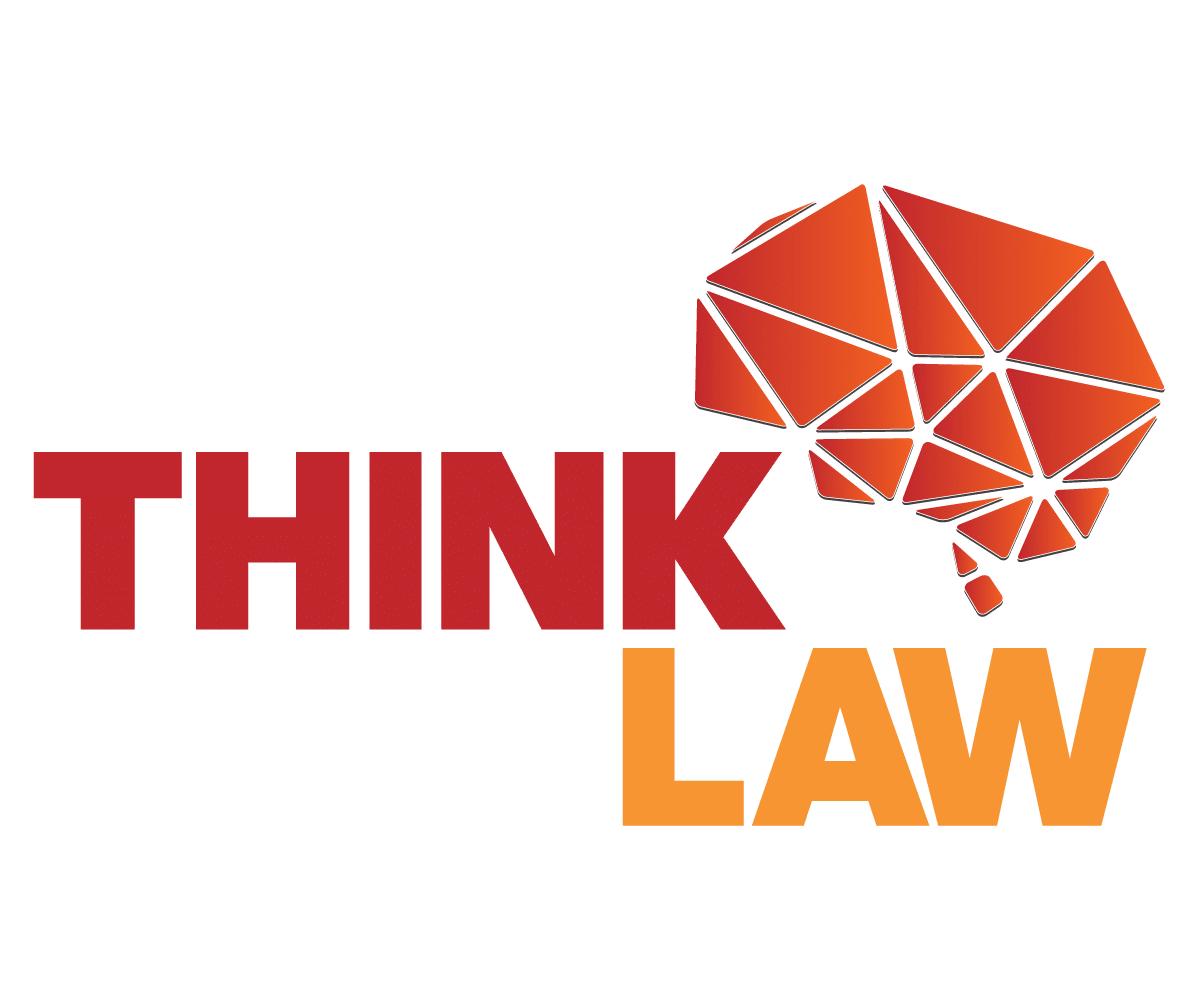
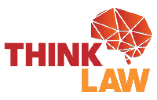
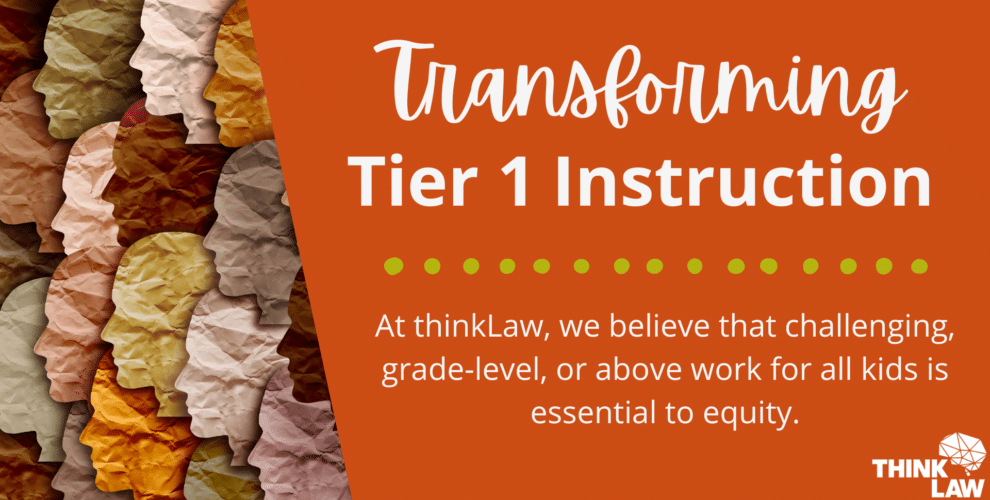
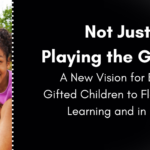
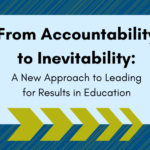
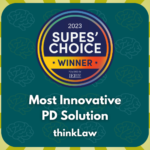
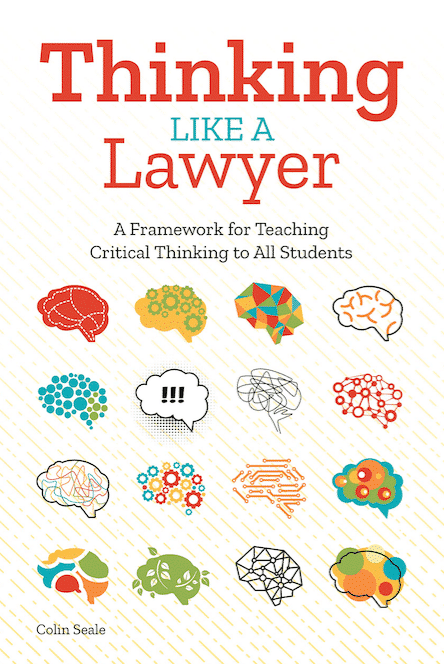
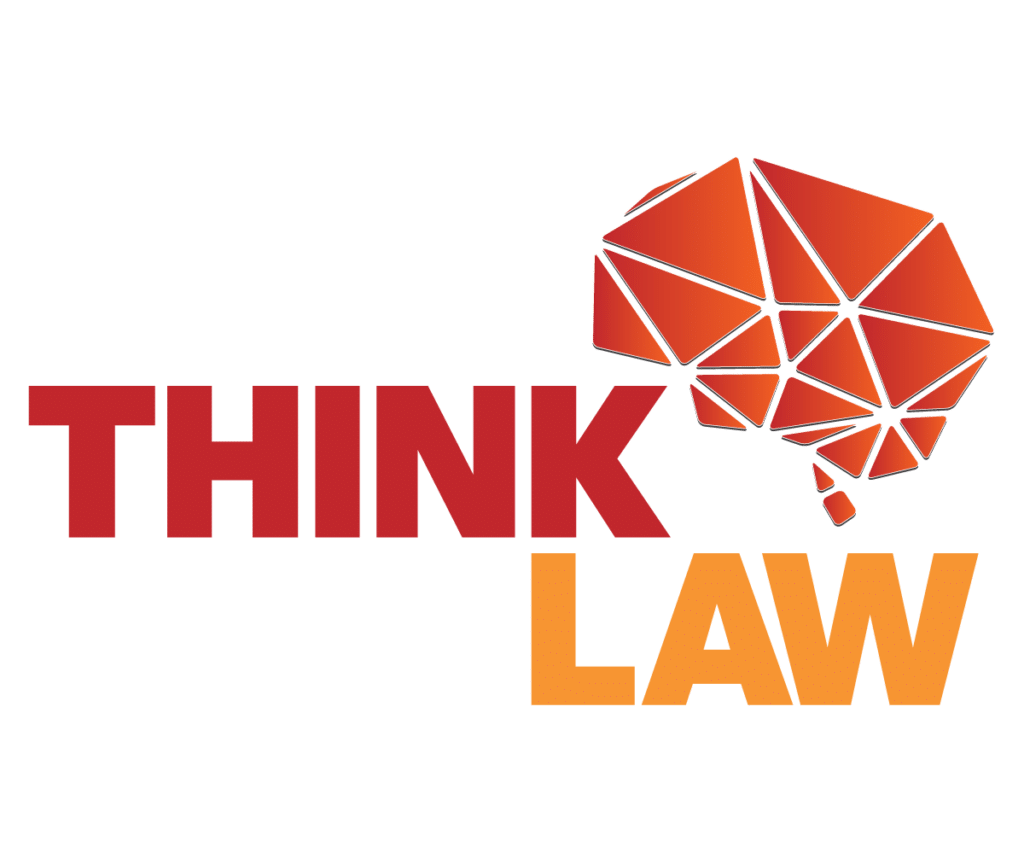
Leave a Reply